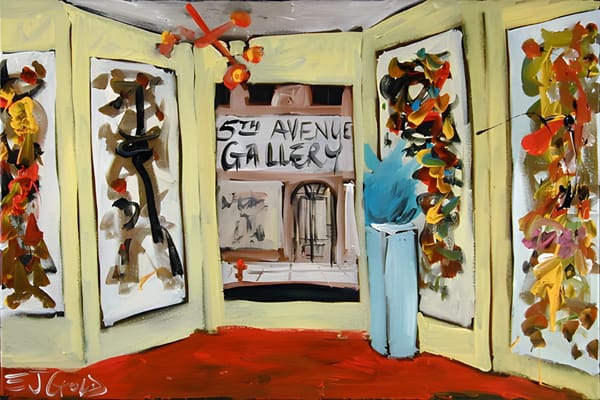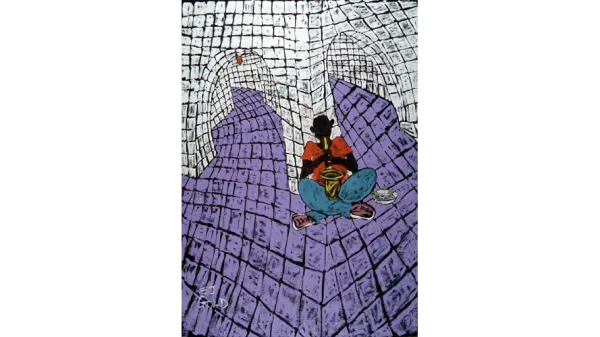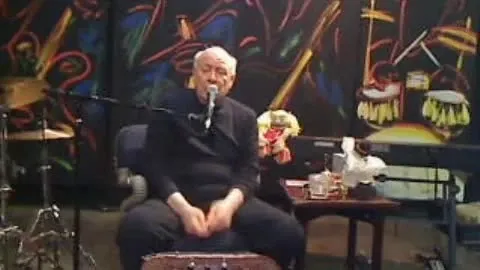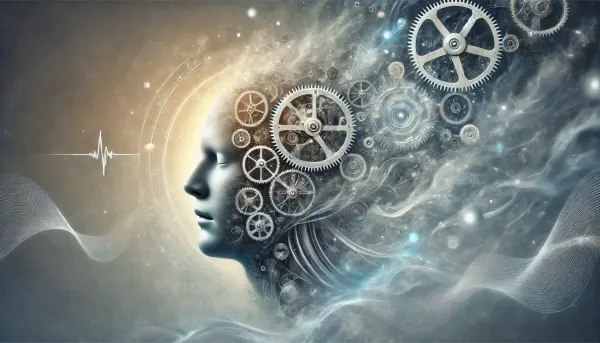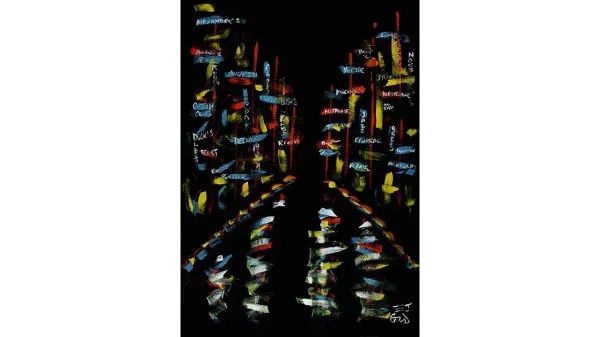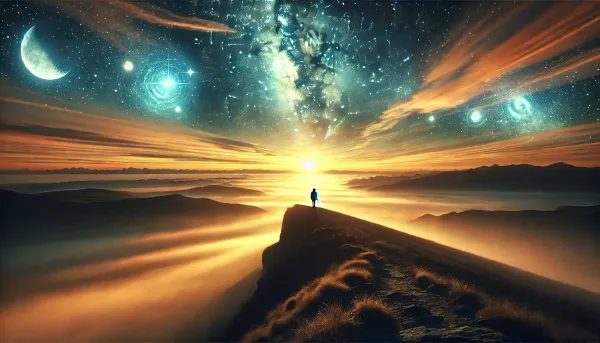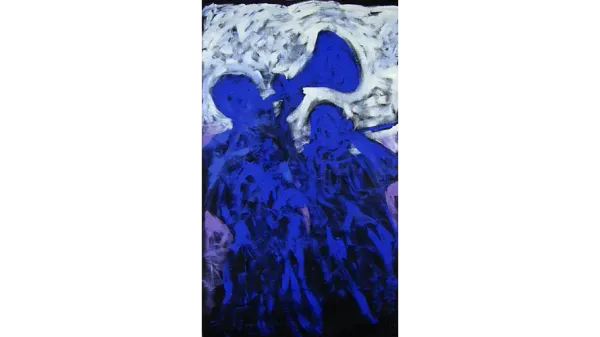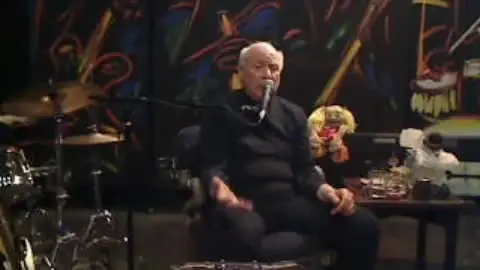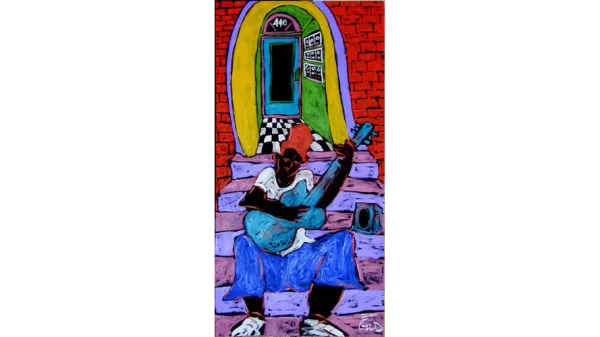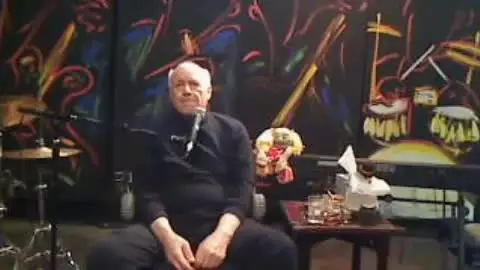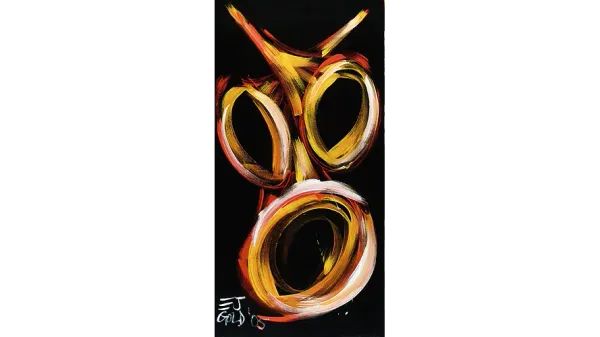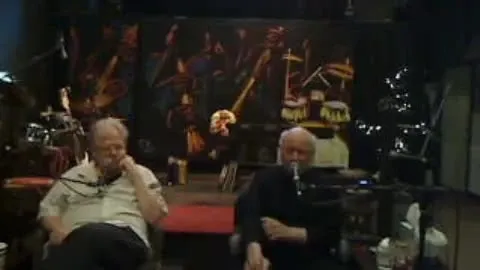Probability vs. Luck
Probability is mathematical and emotionless, but luck feels personal, shaping how we interpret randomness. Our minds, wired for patterns, transform coincidences into stories. Probability measures the odds, but luck lives in our connection to events.
The metallic click of a coin flip fills the room. Heads again—99 times in a row. Someone mutters, “No way that’s chance.” Statistically, they’re wrong. Psychologically, they’re right. This moment reveals a deeper truth: probability is cold, but luck? That’s personal.
The Science of Probability
Probability operates in a world devoid of memory or narrative. A coin has no recollection of its past flips. The odds of flipping heads remain 50/50, whether it’s the first toss or the hundredth. This is the foundation of probability theory: each event is independent, and the math doesn’t care about streaks.
This is why flipping 100 heads in a row—while astronomically improbable—is still just as likely as any other specific sequence of flips, such as alternating heads and tails perfectly. Probability doesn’t account for meaning. It calculates, predicts, and describes patterns within chaos, but it doesn’t explain why those patterns matter to us.
Meaning-Makers
Humans, on the other hand, are meaning-makers. When we see 100 heads in a row, we feel a story emerging. Something must be happening. Is the coin weighted? Is the flipper skilled—or perhaps manipulating the toss? Our brains, wired for survival, evolved to detect patterns and anomalies in the world around us. This instinct helped our ancestors recognize dangers and opportunities in their environments.
Yet, this same instinct can mislead us in situations like coin flips. We impose narratives on randomness because randomness feels uncomfortable. As Carl Jung observed, humans often search for deeper connections in seemingly disconnected events. He called this tendency synchronicity—a phenomenon where unrelated events gain significance because of their perceived connection to us.
Where Probability Ends, Luck Begins
Luck resides in this subjective realm. It’s not a measurable force, like gravity or electromagnetism, but rather a reflection of our relationship with uncertainty. To feel lucky—or unlucky—is to acknowledge that events, even random ones, seem connected to our personal story.
Take, for instance, the gambler who keeps betting on black after a long streak of red at the roulette table. Statistically, the odds haven’t changed. Yet, the gambler believes the streak can’t continue. Alternatively, someone else might think red is “on a roll” and bet accordingly. Both interpretations reflect how humans experience randomness: we project patterns, even where none exist.
The Role of "Relationship" in Luck
When we talk about luck, we’re talking about our connection to the universe. Surfing provides a useful metaphor. A surfer doesn’t analyze every wave using hydrodynamics. Instead, they develop an intuitive relationship with the ocean, feeling which wave is worth catching. Luck, like surfing, is about attunement—a sense that goes beyond raw calculation and into the realm of personal interaction with the moment.
This is why athletes, performers, and even scientists often speak of being "in the zone." There’s an alignment, a sense of rightness that transcends conscious thought. Is this purely psychological? Perhaps. But dismissing it as "just" psychology overlooks the profound influence our mental state has on outcomes, especially in high-stakes or complex situations.
Randomness Isn’t So Random
Interestingly, even the concept of randomness isn’t as straightforward as we might think. In fields like quantum mechanics and cryptography, generating truly random numbers has proven remarkably difficult. Patterns emerge where none should exist. This suggests that what we perceive as random may be influenced by deeper, hidden systems.
Could this hint at an unseen order beneath apparent chaos? It’s tempting to speculate, but science demands caution. For now, what we know is this: randomness is a challenge to generate and a puzzle to interpret.
Embracing the Mystery
Probability may give us the tools to calculate the odds, but it doesn’t explain our visceral reactions to streaks, coincidences, and outcomes that defy expectation. Luck, on the other hand, is rooted in our deeply human need for connection—to patterns, to meaning, to something greater than ourselves.
When we flip a coin and see heads for the hundredth time, the universe feels alive with possibility. Are we witnessing pure randomness or something more? Perhaps it doesn’t matter. What matters is how we engage with these moments—whether we see them as cold statistics or as glimpses of a universe still capable of surprising us.

